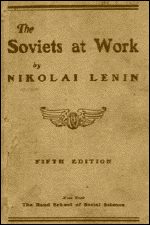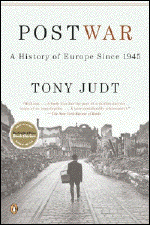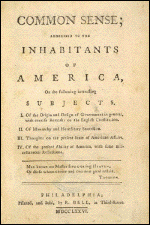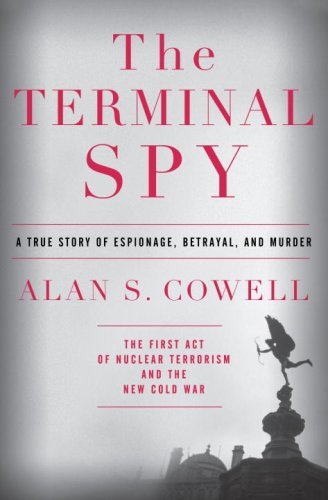Nov 12, 2010 0
Amy Herzog: After the Revolution
 Amy Herzog‘s play After the Revolution relates the anguish of Joseph family generations caught up by Communism. Central to the play is the revelation that their late patriarch, Joe Joseph, a victim of the McCarthy Era, had indeed spied for the Soviet Union. (While the Joseph family resembles that of Julius and Ethel Rosenberg, Mr. Joseph’s role in the US Government adds a strong element from the Hiss–Chambers Case.)
Amy Herzog‘s play After the Revolution relates the anguish of Joseph family generations caught up by Communism. Central to the play is the revelation that their late patriarch, Joe Joseph, a victim of the McCarthy Era, had indeed spied for the Soviet Union. (While the Joseph family resembles that of Julius and Ethel Rosenberg, Mr. Joseph’s role in the US Government adds a strong element from the Hiss–Chambers Case.)
The Village Voice seems unable to empathize with the impact that confirmation of spying would have on the Joseph family:
Emma and her elders naturally reel from the effect of the revelation, maybe a little excessively for 1999, when such informational shocks were already commonplace.
Does this comment represent new generations of Americans, oblivious to the “us-or-them” mentality fostered (if not created) by McCarthyism? Perhaps the reviewer should make more effort when walking in the shoes of the Joseph family.
While the play portrays the dysfunction that Communism has injected in three generations of the Joseph family, it does not seem to address whether changes in Communism itself during the 20th Century is also a factor.
Prior to World War I, “Communism” of Karl Marx was but one of a number of related political philosophies, including the Egalitarianism of Babeuf, the Utopianism of Fourier, the Socialism of Berstein, and the Anarchism of Proudhon — just to name a few. These groups formed their Left or Labor tribe, divided into many clans and family, who rarely reached agreements during congresses of the First International (1865-1872) and the Second International (1889–1916). Congresses of the Third International (1919-1935) started as a reconvening of the Second International — within new realities. Communist revolutions had erupted in Europe but succeeded only in the least anticipated country, Russia. Soviet Russia assumed full control of the Communist International movement (thereafter known by the telltale Soviet acronym “Comintern”). Lenin introduced the concept of “dictatorship of the proletariat,” which Stalin turned into a totalitarianism that rivaled Mussolini‘s Fascism and Hitler‘s Nazism. Further deviations followed Leninism and Stalinism, like Titoism, Maoism, and Neo-Marxism.
Yes, the Joseph family has its dysfunctions — in this case, enough to stop any family member from ever asking, how did the family’s beliefs drift so far in the first place? What the audience sees results from those deviations on the road to utopia, compounded by McCarthy-induced forgetfulness. The Josephs do not question why grandfather Joe spied. Thus, they will never ask questions like, what form of Communism attracted patriarch Joe Joseph in the first place? Which means that they may never explore possibilities like whether, while he was spying, the Communism he worked towards ceased to exist.
On the other hand, the playwright could have made each family member represent some particular political interpretation. Perhaps the program notes could go further in terms of educating audiences, but at least the playwright is getting the problem across at the family level: full of confusion, misunderstanding, and disappointments.
Reviews:
New York Times
Variety
Village Voice
New York Daily News
New York Press
New York Magazine
Theater Mania
Show Business Weekly
Back Stage
Play Bill
The AndyGram
New York Theatre Guide
Socialist Worker
Video
WTF Interview with Amy Herzog – After the Revolution
After the Revoultion: Actor, Mark Blum

 In 1923, he visited Western Europe, still lying in the ruins of World War I. By 1925, he saw a “dying world… without faith, hope, character” [Witness, p. 195]. He came across a little book by
In 1923, he visited Western Europe, still lying in the ruins of World War I. By 1925, he saw a “dying world… without faith, hope, character” [Witness, p. 195]. He came across a little book by 
 While it may seem to parade in Marxist trappings, Ill Fares the Land is closer to the American book of another British transplant and radical,
While it may seem to parade in Marxist trappings, Ill Fares the Land is closer to the American book of another British transplant and radical, 


